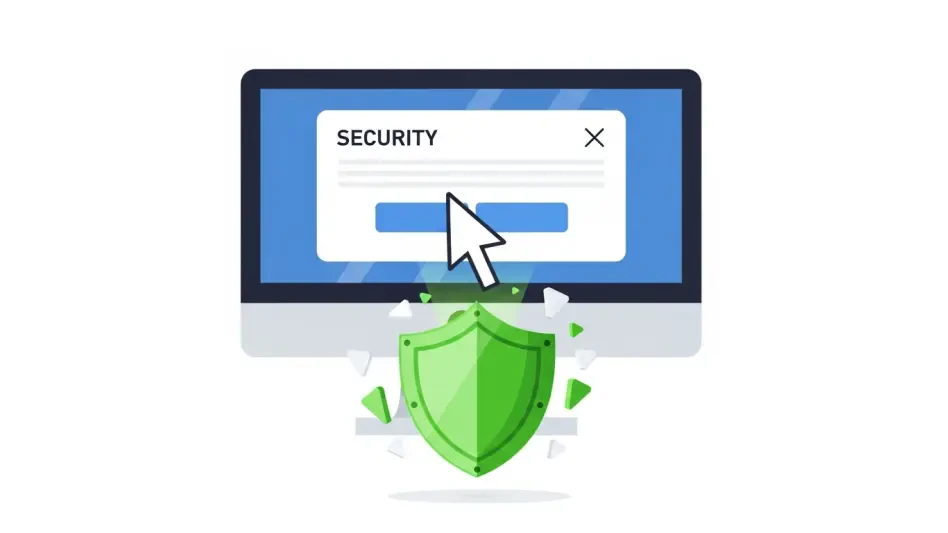In an era where cyber threats loom larger than ever, with open-source software vulnerabilities posing significant risks to organizations worldwide, a new player has emerged with a groundbreaking solution. Seal Security, an Israeli cybersecurity startup founded by former members of Israel’s elite Unit 8200 intelligence unit, has recently captured the attention of investors and industry experts alike. The company announced a remarkable achievement by securing $13 million in a Series A funding round, a testament to the growing demand for innovative approaches to application security. Led by Vertex Ventures Israel, with contributions from More Investments Ltd., SBI Holdings Inc., and CCL Industries Inc., this financial boost is set to propel Seal Security’s mission forward. The funds will enhance the company’s go-to-market strategies and refine its cutting-edge platform, which focuses on automating vulnerability remediation in open-source software components. This development signals a shift in how the industry tackles persistent security challenges, paving the way for deeper exploration of Seal Security’s unique contributions.
Transforming Application Security with Automation
Pioneering a Patching-First Approach
Seal Security stands out in the crowded cybersecurity landscape by championing a patching-first methodology that redefines how vulnerabilities are managed. Unlike conventional vulnerability scanners that simply identify issues and leave resolution to manual processes, this platform leverages advanced large language models (LLMs) to create an automated pipeline for remediation. Capable of addressing over 95% of critical and high-severity vulnerabilities across various programming languages, Seal Security generates production-ready patches for open-source code, dependencies, operating systems, and container base images. This automation enables organizations to mitigate risks in mere minutes or hours, a stark contrast to the days or weeks often required by traditional methods. The company’s commitment to a 72-hour service level agreement for remediating Common Vulnerabilities and Exposures (CVEs) further underscores its dedication to speed and efficiency, positioning it as a game-changer for businesses under constant threat.
Enhancing Speed in a Fast-Paced Development World
The rapid evolution of software development often leaves traditional application security (AppSec) tools struggling to keep up, resulting in growing vulnerability backlogs that threaten organizational safety. Seal Security addresses this critical gap by integrating LLMs to accelerate code security without disrupting developer workflows. As emphasized by CEO Itamar Sher, the platform is designed to align with the fast-paced nature of modern DevOps and DevSecOps environments. By automating the remediation process, it alleviates the burden on IT teams tasked with managing extensive vulnerability lists and navigating complex dependency structures. This approach not only boosts operational efficiency but also ensures that security measures do not hinder innovation or productivity. For organizations striving to balance agility with robust protection, Seal Security offers a seamless solution that integrates effortlessly into existing systems, fostering a safer development lifecycle.
Meeting Industry Needs with Compliance and Innovation
Supporting Regulated Sectors with Robust Standards
For industries bound by stringent regulatory frameworks, maintaining compliance while addressing security threats is a non-negotiable priority, and Seal Security rises to this challenge with tailored capabilities. The platform is engineered to support adherence to critical standards such as the Payment Card Industry Data Security Standard (PCI DSS), Federal Risk and Authorization Management Program (FedRAMP), Digital Operational Resilience Act (DORA), and New York Department of Financial Services (NYDFS) requirements. This makes it an ideal choice for organizations in highly regulated sectors like finance, healthcare, and government, where breaches can result in severe penalties and reputational damage. By automating vulnerability fixes while ensuring compliance, Seal Security provides a dual benefit that reduces risk and simplifies the often arduous process of meeting regulatory demands. Its ability to cater to these specific needs highlights its versatility and relevance in a landscape where security and compliance must go hand in hand.
Leading the Shift to Scalable Remediation Solutions
Industry perspectives, including insights from Tami Bronner, a general partner at Vertex Ventures Israel, point to Seal Security as a frontrunner in creating a remediation layer for open-source and container environments. This reflects a broader market trend moving away from passive detection toward active, scalable solutions that address vulnerabilities at their core. The cybersecurity field is evolving rapidly, with an increasing emphasis on automation to handle the sheer volume of threats in today’s digital ecosystem. Seal Security’s focus on delivering immediate, actionable fixes rather than merely flagging issues positions it at the forefront of this transformation. The recent $13 million investment validates investor confidence in this vision, suggesting that automated remediation could become the new standard for managing open-source risks. As the industry continues to prioritize proactive strategies, Seal Security’s innovative approach offers a glimpse into the future of application security.








